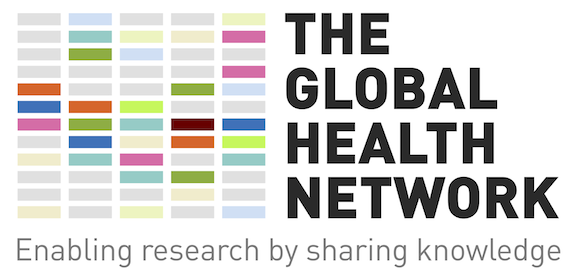Welcome to the clinical bioethics program: a basic training for members of Clinical Bioethics Committees.

This is an international version of a program offered by the Bioethics Unit of the Autonomous University of Querétaro in collaboration with the National Bioethics Commission of Mexico.
Program
The program consists of nine chapters:
-
History and methodology: Principlism and Casuistry
-
Informed consent and ability to decide
-
Rejection and withdrawal of treatment
-
Medical decisions by incapable patients
-
Palliative care and futility
-
Organ donation
-
Genetic medicine
-
Sexual health
-
Hospital Bioethics Committees
Perspective of the Program
As a basic training program we could not include all information relevant to the consideration of clinical bioethics. There are several controversial issues related to clinical bioethics. The intent of this presentation, as an educational program, has been to present balanced perspectives on controversial issues. The scope of discussion of bioethics must be public. The perspectives mentioned in this matter do not represent positions of the Autonomous University of Querétaro, nor of the National Bioethics Commission. The responsibility for the balance of perspectives remains with the author of the text, Dr. Robert T. Hall (bobwvsc@yahoo.com).
The use of cases and examples is a crucial part of this program. It is by consideration of cases and examples that committee members, doctors and patients can gain experience in practicing practical judgment. Clinical bioethics does not to apply a code of ethics mechanically; it is essential to develop and use appropriate wisdom and common sense. Frequently we have not offered opinions on these exemplary cases. With respect to consideration of the cases there are always two general questions:
1) What are the central ethical issues and how should they be framed?
2) What are the morally preferable, acceptable and unacceptable options for resolving the issues?
Material original
Robert T. Hall
Unidad de bioética, Facultad de Filosofía, Universidad Autónoma de Querétaro
Bibliography
-----------------------------------------------------------------------------------------------------------------------------------
The materials of this program were made possible by Grant Number R25 TW009731 from the US National Institutes of Health (NIH) Fogarty International Center. Its contents are solely the responsibility of the authors and do not necessarily represent the official view of the Fogarty International Center or the NIH.





